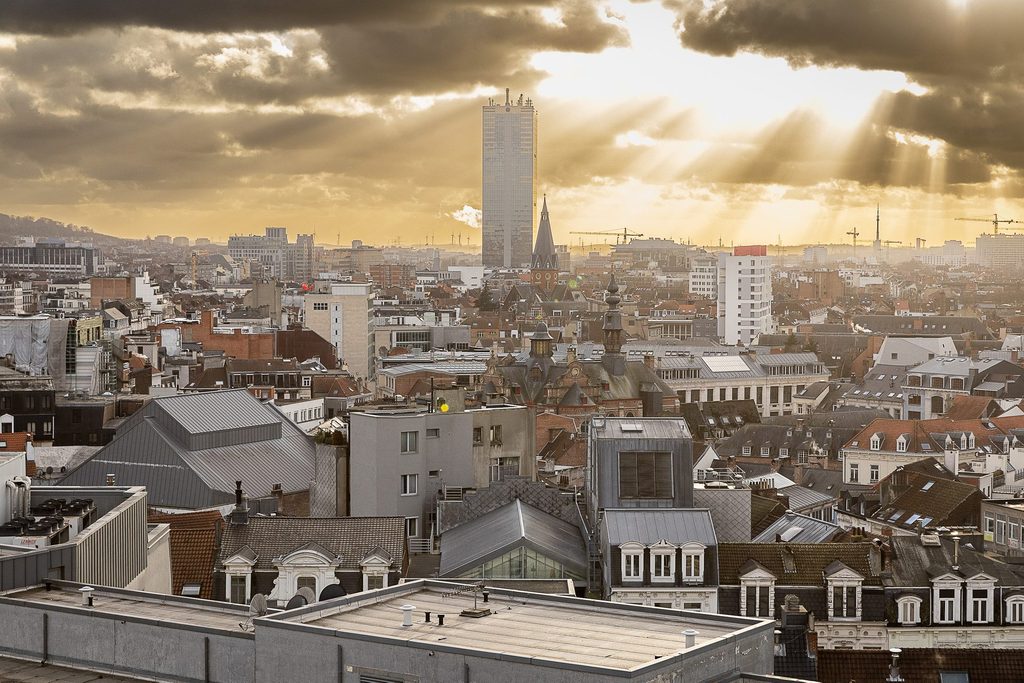The population of Brussels-Capital Region peaked at 1.25 million in 2023, pushed to a new high by internal and international migration, a steady birth rate and a declining death rate.
A recent report by Perspective.brussels shows that the population of the Brussels-Capital Region is now larger than it has ever been. It is also significantly younger and more international than the rest of the country.
As of 1 January 2024, 1.25 million were living in the region – up 8,422 (+0.68%) on 2023. Growth has been uninterrupted since 1999 due to migration and a steady fertility rate that outweighs a declining mortality rate.
There are more women of child-bearing age in Brussels than in Flanders and Wallonia, but fewer of them are giving birth than in these regions. 13,987 babies were born in the Brussels-Capital Region in 2023, 750 fewer than in 2022 and 4,500 fewer than in 2014.
Meanwhile, Brussels' mortality rate is the lowest it has ever been. This continues a trend that was only interrupted by the Covid-19 pandemic in 2020 and is due to the fact that the capital's population is getting younger and younger – over-65s make up one quarter of Belgium but just 13.1% of the Brussels-Capital Region.
Average life expectancy is 82.2 – 84.4 for women and 79.7 for men.
Migration a 'driving force'
"International immigration remains the driving force behind population growth in Brussels," the report states.
56,166 foreign nationals arrived to Brussels in 2023. This is 6,300 less than in 2022, the year Russia invaded Ukraine. 4,792 of last year's new residents were asylum seekers who were granted their refugee status. This represents the highest rate of successful asylum claims since 2010.
The amount of non-Belgians living in the capital has also peaked at 464,629 (37.2%). This is three times larger than the foreign populations of Flanders (10.8%) and Wallonia (11%).
In terms of internal migration, movement into Brussels from Flanders and Wallonia is far outweighed by movement in the opposite direction. While 25,023 moved to the capital last year, 43,775 left. Every year, the equivalent of all residents in the commune of Watermael-Boitsfort enters Brussels.
34,723 left the Brussels-Capital Region to live abroad, which perspective.brussels says is "not unprecedented" and matches trends from 2016 until 2019. The large number is due in large part to "automatic deregistrations," address checks which reveal that the person in question is no longer living in Brussels.
Half of households are single people
Out of the 578,881 private households in Brussels, 47.1% are one-person households. 17.7% are married couples with children, 11.6% are single-parent families, 8.7% are married couples without children, 5.5% are flatshares and 5.2% are flatshares including children.

